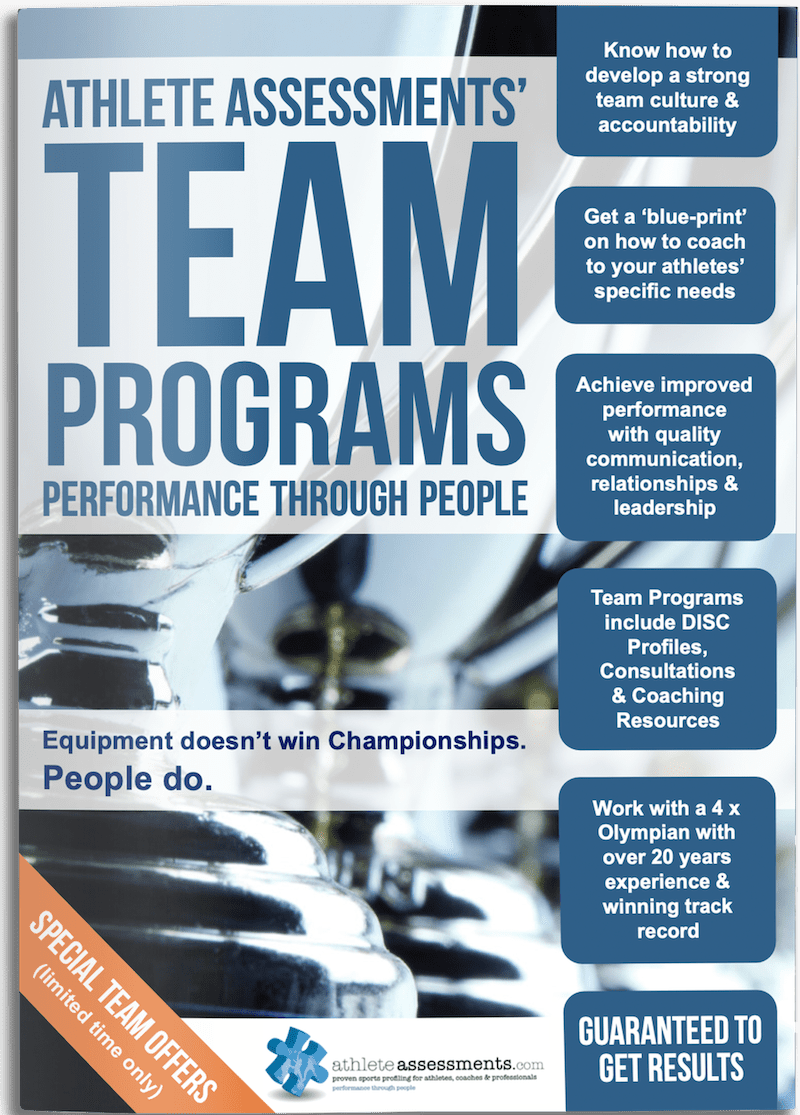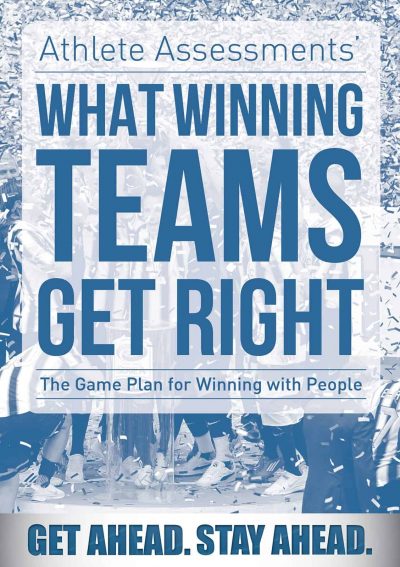Fast Facts
- This latest research turns on its head the long-held view of how to achieve ultimate sporting performances.
- The original study revealed significant psychological and life history differences between superelites and their elite counterparts.
- Superelites tended to have experienced a childhood trauma as well as a mid-career turning point.
- Athletes who are able to form close attachment to their Coaches are more likely to feel secure in exploring their role in sport, pushing their boundaries, taking risks to improve performance and being able to confidently give 100% effort.
Throughout August the world’s top athletes battled it out in Rio as part of the 2016 Olympic Games. But some far outshone others to take home the medals. According to Scientific American, researchers have a special term for these best of the best: superelites.
But what differentiates a superelite, a high performing athlete who was expected to do well and went on to win multiple medals, from someone who competes at the Olympics but goes home empty-handed?
According to new research that was presented in November 2015 at the World Class Performance Conference in London, and further published in an article in Scientific American, it is the quality of the Coach–athlete relationship.
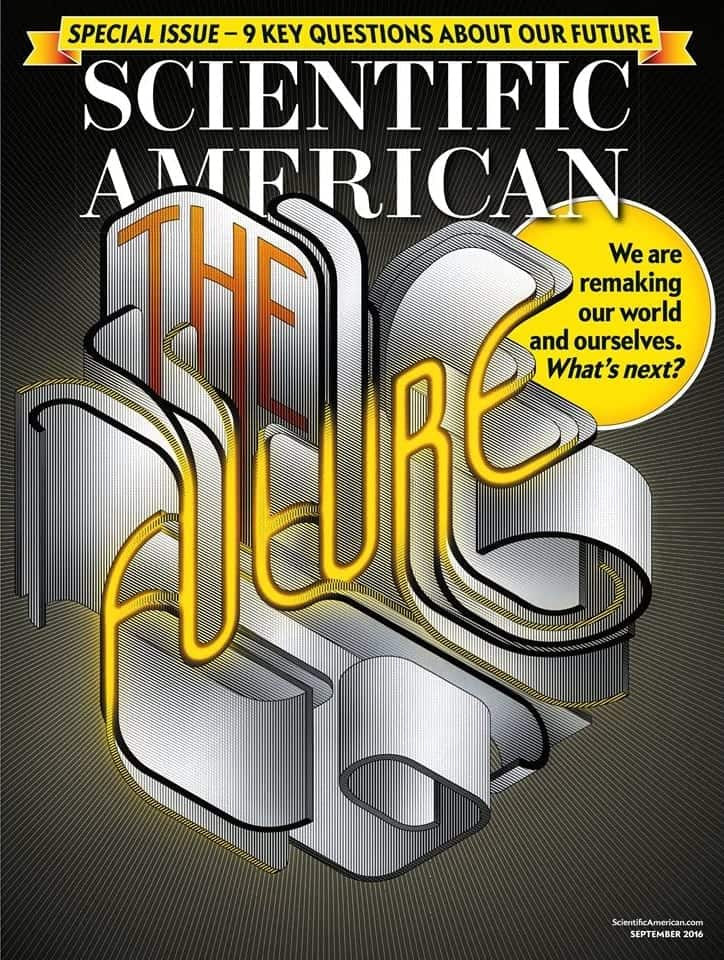 Previous prominent research on the importance of a quality Coach-athlete relationship was conducted by Penny Wurthner as part of the Canadian Olympic Study “Own the Podium” in 2008 and definitively showed that Coach-athlete relationships significantly impacted athlete performance.
Previous prominent research on the importance of a quality Coach-athlete relationship was conducted by Penny Wurthner as part of the Canadian Olympic Study “Own the Podium” in 2008 and definitively showed that Coach-athlete relationships significantly impacted athlete performance.
This new research backs up the findings that coaching can either make or break an athlete, and our own philosophy at Athlete Assessments, that the people side of sports is the distinguishing factor between thoe who are truly successful and those who aren’t.
“We wholeheartedly believe in the Coach-athlete relationship and everything we do is in alignment with this idea because for us, it has always been the number one contributing factor to success,” says Client Director of Athlete Assessments, Liz Masen.
Matthew Barlow, a postdoctoral researcher in sport psychology at Bangor University in Wales, who led the recent study said that “superelites felt that their Coaches fully satisfied their emotional needs by acting as friends, mentors and unwavering supporters—in addition to providing superb technical support. High-performing athletes who were not medaled did not feel that way.”
He was further quoted in Scientific American as saying,
“this turns on its head a long-held view that we must simply pair the best technical and tactical coaches to our best athletes to achieve ultimate performance.”
In fact, the study proved that competitors at the most elite level required much more than just technical support.
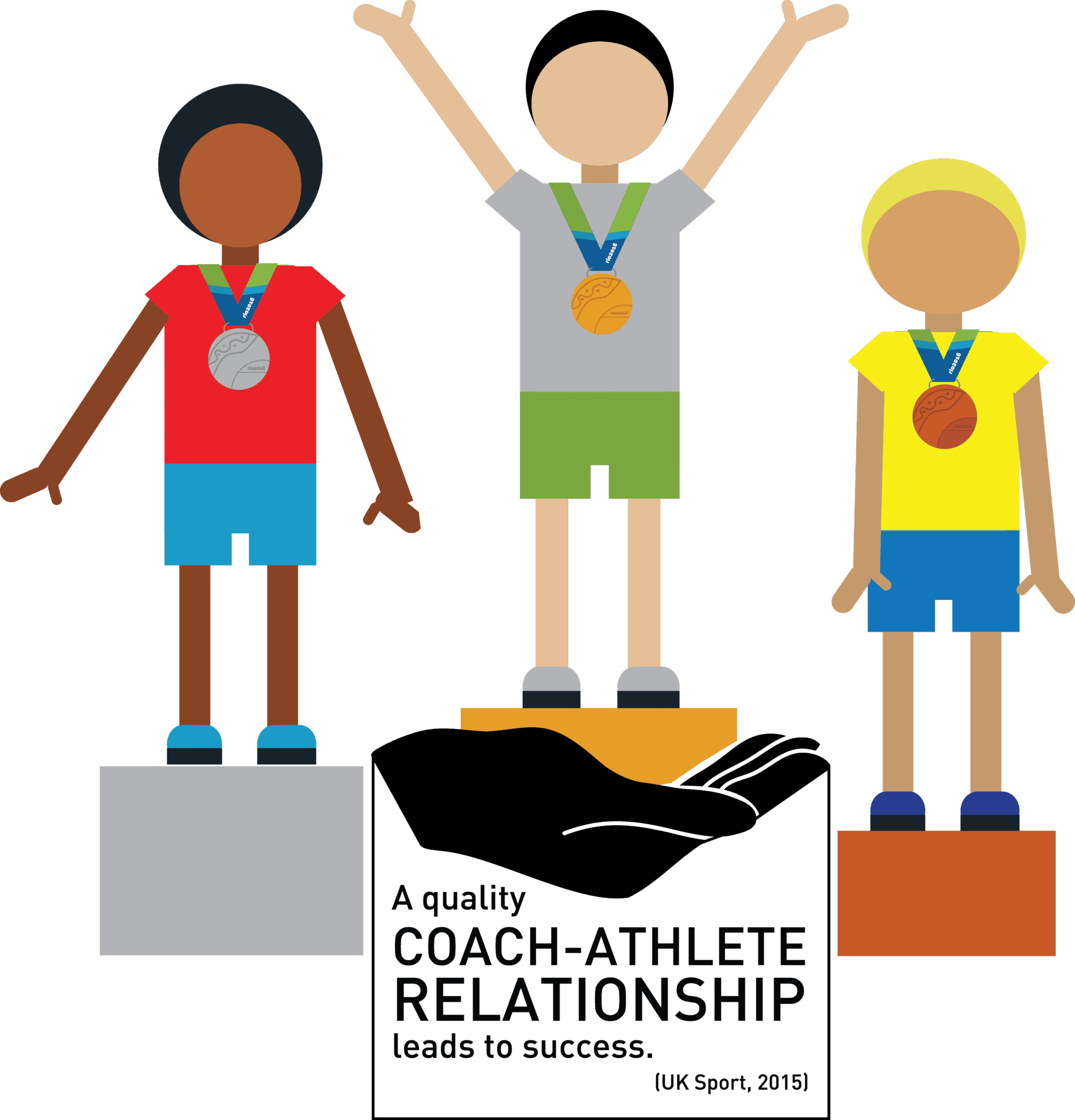 Scientific American reported that Barlow and his colleagues were commissioned by the governmental organization UK Sport, which promotes the nation’s elite sports and athletic development, to find out what it took to win multiple gold medals at the Olympics.
Scientific American reported that Barlow and his colleagues were commissioned by the governmental organization UK Sport, which promotes the nation’s elite sports and athletic development, to find out what it took to win multiple gold medals at the Olympics.
The researchers initially identified 43 variables that reliably predicated the probability that someone would become a superelite. One of those factors was the Coach–athlete relationship, so UK Sport funded a second in-depth analysis that focused solely on this aspect.
As part of the study, 16 male and female superelite athletes, all of whom had won gold at a major championship (such as the Olympics), and 16 athletes who had competed in such championships but never medaled were recruited and in-depth interviews were conducted. Similar to the study in 2008 which consisted of interviews with 27 Olympic and Paralympic athletes and 30 Coaches which were then analyzed. The 2008 study found there were five distinguishing factors exhibited by the athletes who delivered Olympic personal best or medal winning performances. One of which was the Coach-athlete relationship.
Similarly, in Barlow’s research, after analyzing the results they found that all the athletes said they were technically supported by their Coaches—but it was the superelites who reported they also enjoyed thorough emotional support. Scientific American quoted Barlow as saying,
“superelite athletes perceived their need for emotional and esteem support were met in a way that the elites did not. Coaches of superelites acted almost as surrogate parents, praising their athletes’ efforts, emphasizing unwavering belief in them, providing positive feedback and taking an interest in personal lives. They have a bond that goes beyond spreadsheets, power outputs and graphs.”
Scientific American reported that up until now UK Sport had paired athletes and Coaches based only on an athlete’s ability and a Coach’s record of success. But the organization is now working with Barlow and his colleagues to design a new method that takes into account the full relationship between the two.
“Elite sport is one of the most demanding and competitive arenas. To be the best you need to be equipped with the best possible resources, the leading performance tools and looking after your most important asset, the people. DISC Profiling is the key to getting the ‘people side’ right in sport,” says Liz Masen.
The primary purpose of DISC Profiling is developing self-awareness and providing a framework to understand, then build effective relationships with others. As Joe Gibbs said: “You don’t win with X’s and O’s. What you win with is people.” DISC Profiling is the fastest and most effective way to develop the ‘people side’ of sport. Find out more about how you can use DISC Profiling to get the results you want.
At Athlete Assessments we’re here to provide you with excellence in service and to help you be your best. If there is anything we can do to be of service, don’t hesitate to contact us.


